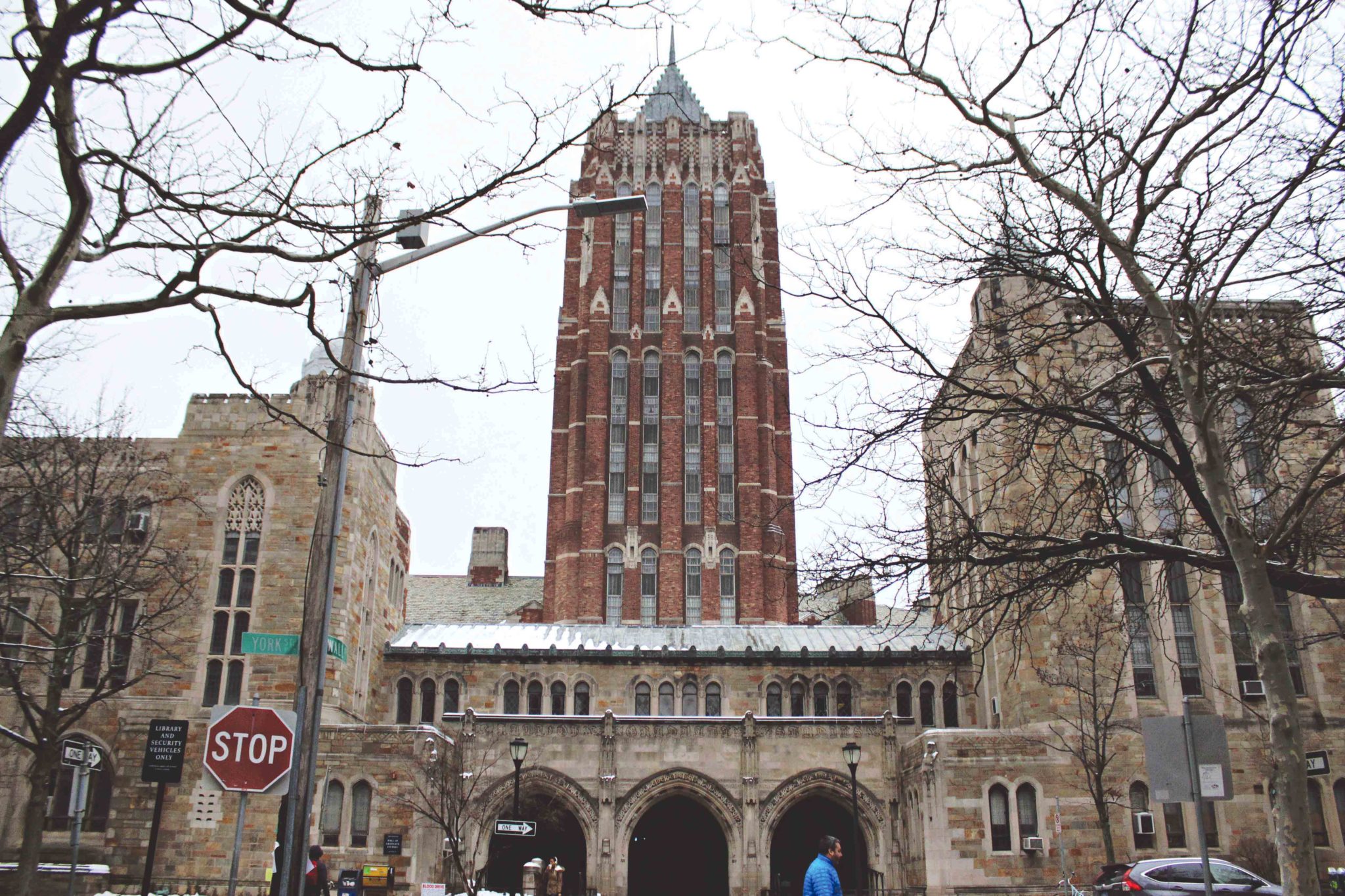
Graduate School of Arts and Sciences Dean Lynn Cooley announced additional financial support for doctoral candidates on Wednesday, following weeks of pressure from students and faculty members.
Under the new policy, graduate programs can extend funding for students for up to 12 months. This stands in contrast to earlier protocols, which left students responsible to reach out individually to their departments without uniform administrative guidelines. In the announcement, Cooley cited the detrimental impacts of the outbreak on research across the University and other challenges faced by graduate students, but added that all students are not experiencing the same hardships.
“I have heard from many of you about the impact of COVID-19 on your work, including the closure of libraries, collections and laboratories on our campus, suspension of travel for field work, and concern about family members,” she wrote. “I am glad to be able to share our current plan for extensions to assist you in resuming your progress toward the goals you came to Yale to accomplish.”
Frustrated by the University’s limited initial response to research delays, graduate students circulated an open letter with over 700 signatures and formed the coalition Concerned and Organized Graduate Students at Yale to push for a universal, one-year funding extension. Cooley’s latest announcement did not satisfy student organizers’ demands for a yearlong funding extension for the entire graduate student body. Instead, according to her message, graduate programs can tailor accommodations to specific cohorts or individuals. Each departments’ extensions must also include an obligation to teach courses.
“We do not imagine that all students will require such extensions,” Cooley wrote in her message, “and the expectation is that students do everything possible to finish within the typical six-year timeframe for doctoral study.”
Still, one COGS organizer who requested anonymity told the News that these new changes do not go far enough to help graduate students.
“The accommodations currently being offered by the graduate school fail to offer graduate students what they need to plan both their research and their lives in the difficult months to come: a guaranteed and universal extension,” the organizer wrote.
Cooley did not immediately respond to requests for comment. In a Tuesday statement, University Provost Scott Strobel told the News that Cooley and the GSAS “are working hard to help graduate students navigate this difficult time” by paying students their “full stipends” and expanding financial support. Strobel also pointed to Cooley’s Monday announcement of various accommodations designed to help cushion the pandemic’s impact on graduate students.
Cooley’s office also expanded the GSAS Dean’s Emergency Fund, which is typically used to support graduate students with unexpected emergency expenses, and extended Yale Health coverage for students currently in their seventh year. But these provisions come with qualifying conditions: Students receiving an additional year of Yale health coverage will not be eligible for additional stipend funding, and the extensions can only be finalized at the start of a student’s sixth year of study.
These and other stipulations “all but guarantees an inequitable and uneven application across departments, cohorts, and individuals,” the organizer wrote.
Cooley also announced at least 30 new post-graduate fellowships — 10-month, full-time posts for the coming academic year — designed to support graduating students still seeking employment. COGS wrote to Cooley on Monday, before the new provisions came into effect, that these opportunities were insufficient.
The post-graduate fellowships, COGS organizers wrote, are far too few in number to accommodate the “many, many more than 30 graduate students” who will find themselves competing for the spots.
“The university has a duty in this time of great economic, physical, and emotional uncertainty to allocate emergency resources,” COGS wrote. “Prioritizing Yale’s bottom line over the safety and well-being of its community is not tenable.”
In addition to concerns about fellowships, many doctoral candidates fear a lack of employment opportunities in an already strained job market. Universities across the nation have frozen hiring amid an economic recession — resulting in fewer positions for graduates.
Those students still working on research and dissertations to complete their doctorates have also struggled to adjust to campus restrictions. For example, not all archival materials are digitized, so the closure of Yale’s libraries has limited graduate students as they conduct research and prepare for their exams. Dissertations built around travel fellowships or fieldwork are in limbo due to international bans and Yale’s prohibition of university-sponsored travel.
“I had two different fellowships, one in Washington, D.C. and one in California, both of which are closed right now, and it is not clear when they’re going to be reopened,” said Sarah Pickman GRD ’21.
Earlier this week, the Graduate Student Assembly voted to support a universal, one-year extension of funding.
The push for additional funding gained wide support among several University departments, including English, History, American Studies and Comparative Literature. The movement — dubbed “#UniversalExtension” — has also caught on at other peer institutions from the University of Chicago to Johns Hopkins University.
In recent weeks, these and other Yale departments have sent letters of support to University administrators demanding additional time for students to receive funding and obtain their degree. To American Studies Director of Graduate Studies Lisa Lowe, who co-wrote her department’s letter, this support can help students deal with the hefty research delays related to the coronavirus outbreak.
“The crisis has interrupted our students at all levels of study, from those in their first year in coursework, to those advanced to candidacy or writing their dissertations,” Lowe wrote in an email to the News. “It has halted graduate students’ travel to research and conference sites, participation in summer language institutes and workshops, and ability to work in crucial libraries, archives, and museums.”
There are 3,080 students enrolled this year in the Graduate School of Arts and Sciences.
Emily Tian | emily.tian@yale.edu
Matt Kristoffersen | matthew.kristoffersen@yale.edu







